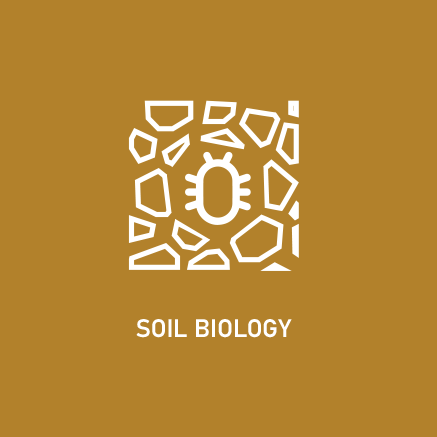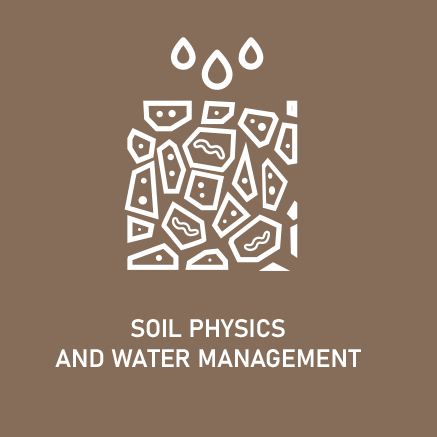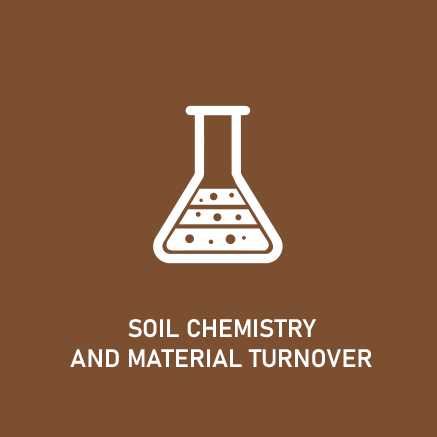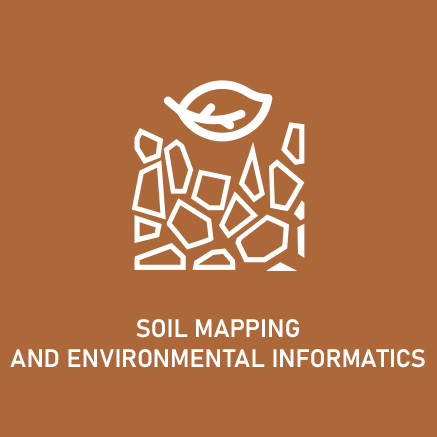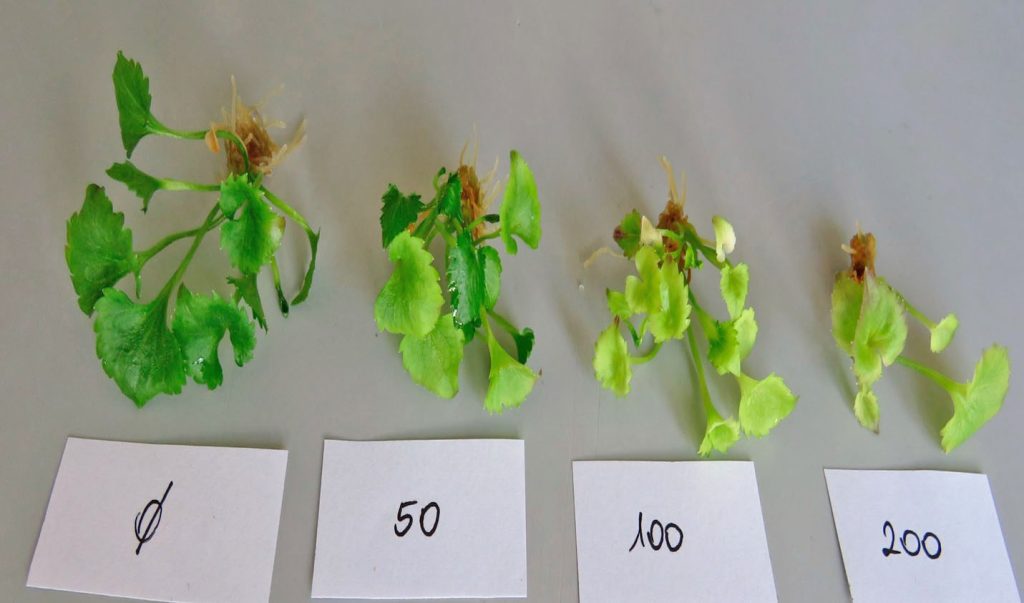Adverse processes in the habitats of protected plant species are making it increasingly important to develop proper ex situ methods for future conservation actions. Micropropagation is a method of plant propagation for rapid multiplication of plants in a short duration under in vitro conditions. The aim of this study was to develop a micropropagation protocol for lilyleaf and to evaluate the effects of diverse plant growth regulators (PGR) and natural extracts used on the growth and development of the plantlets. The ideal growth medium was the ½ MS medium. Silver nitrate (AgNO3) added to the medium at a concentration of 5 mg L-1 led to an increase in root formation and shoot length, although higher concentration levels adversely affected root development. Increasing the concentration of NAA (1-naphthyl acetic acid) resulted in a decrease in the morphological parameters studied. Coconut water at 50 ml L-1 promoted root formation, but at elevated doses root formation was inhibited while shoot formation was stimulated. Optimization of pH levels from 6.8-7 to 7.8-8.0 significantly increased plant height and root formation, and significant carotenoid accumulation occurred at pH 6.8-7. Overall, the protocol developed allows the successful propagation of the species under in vitro conditions, supporting the future conservation of the species.







